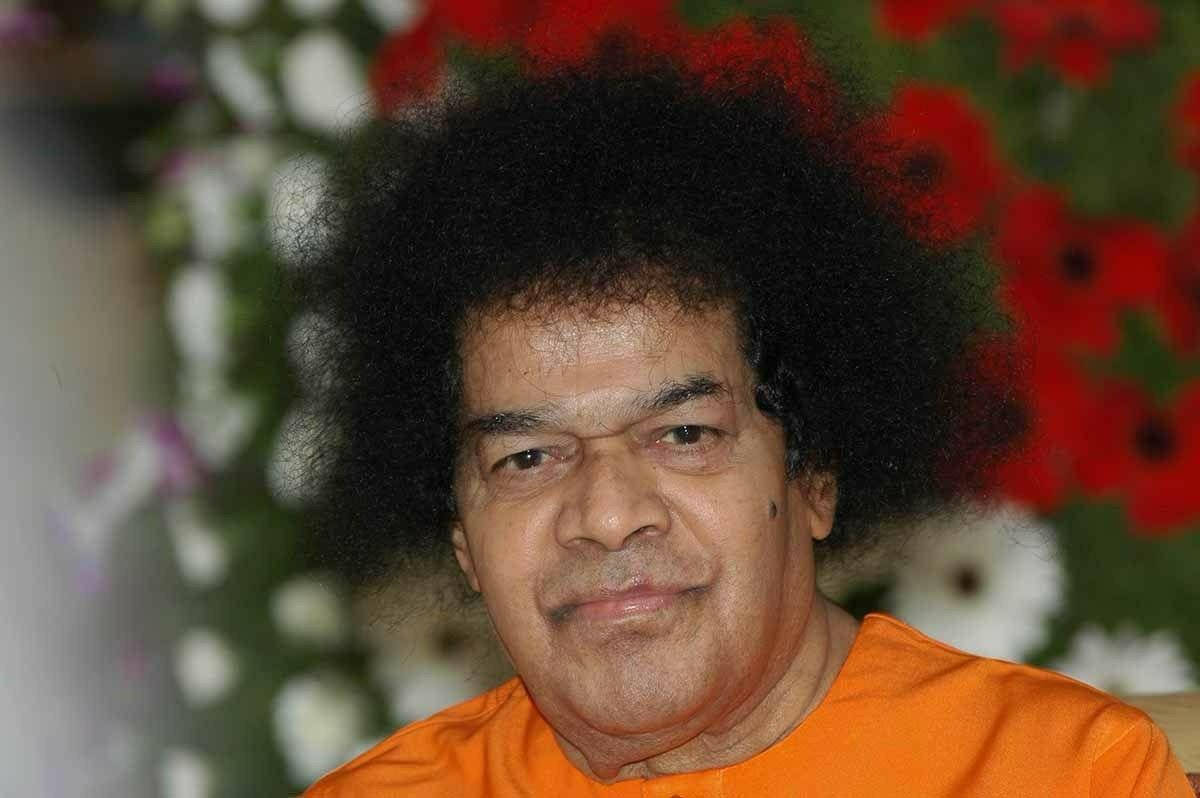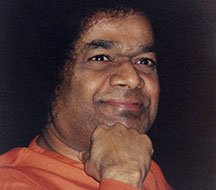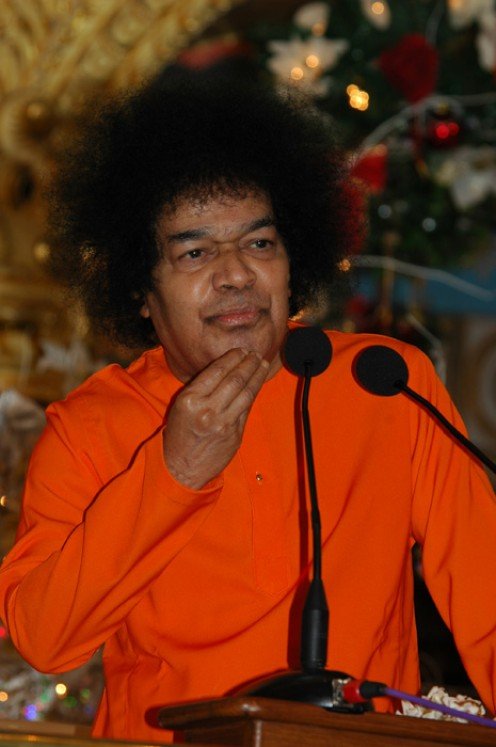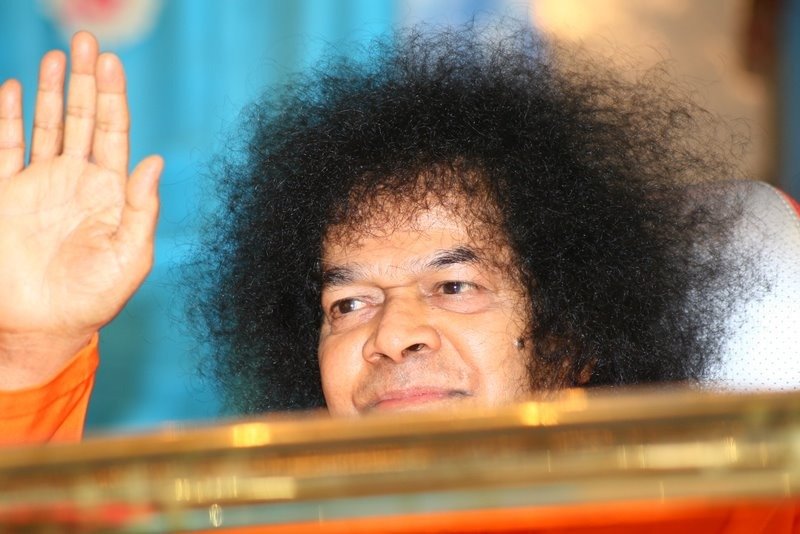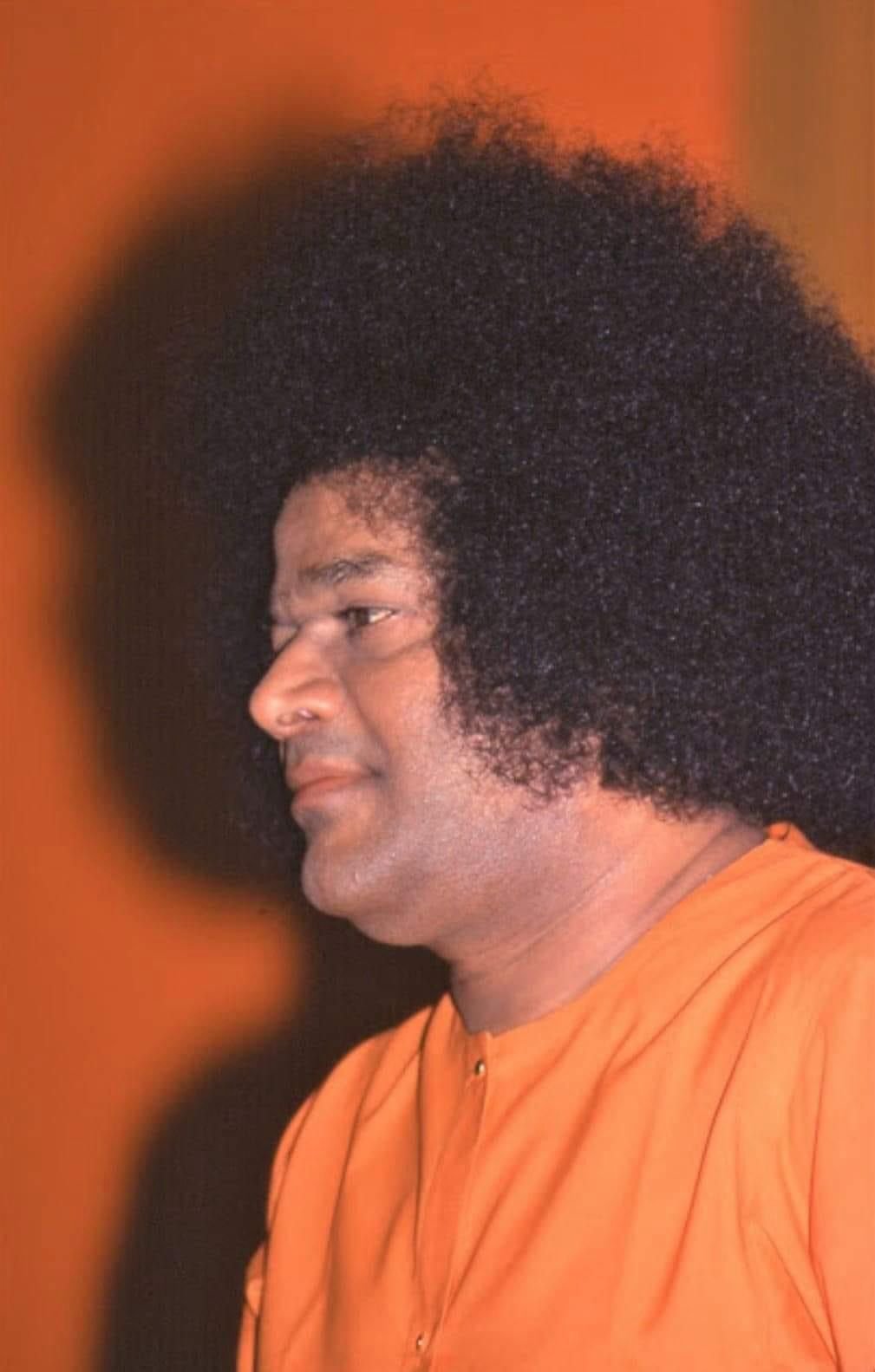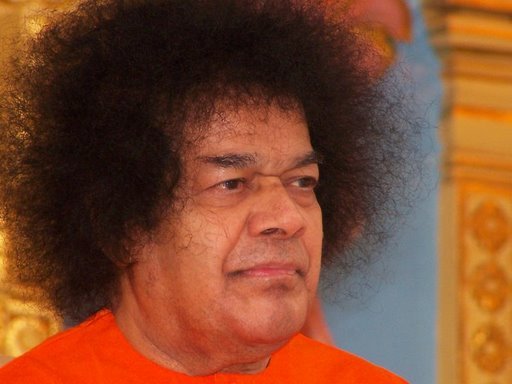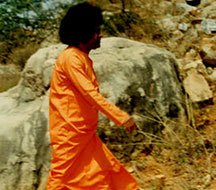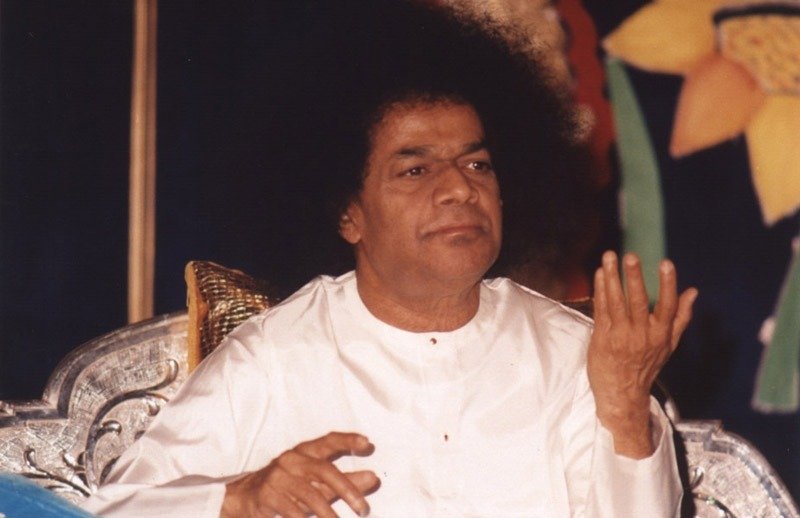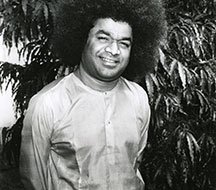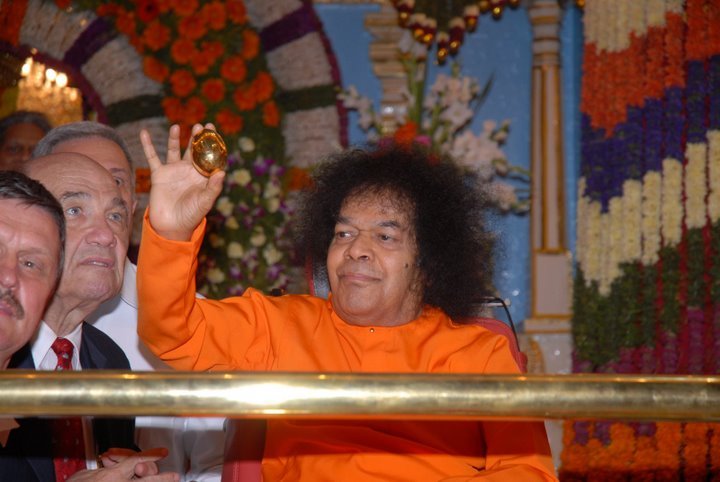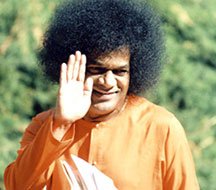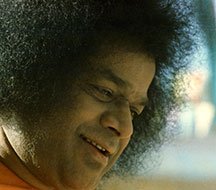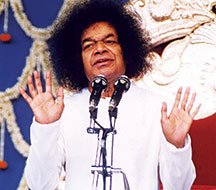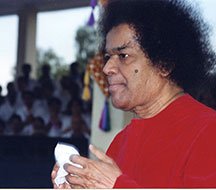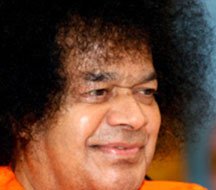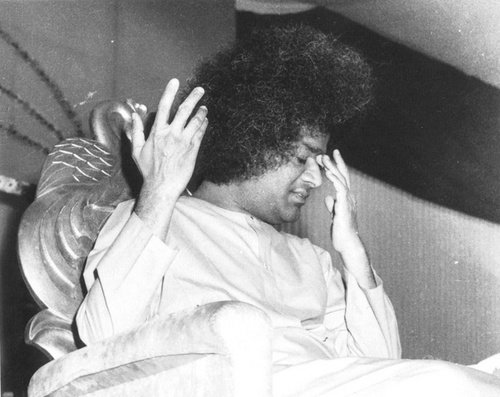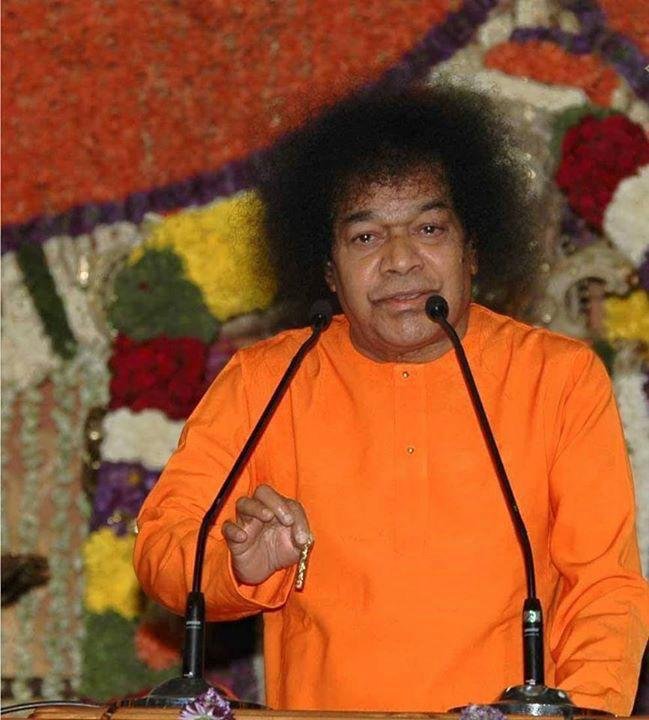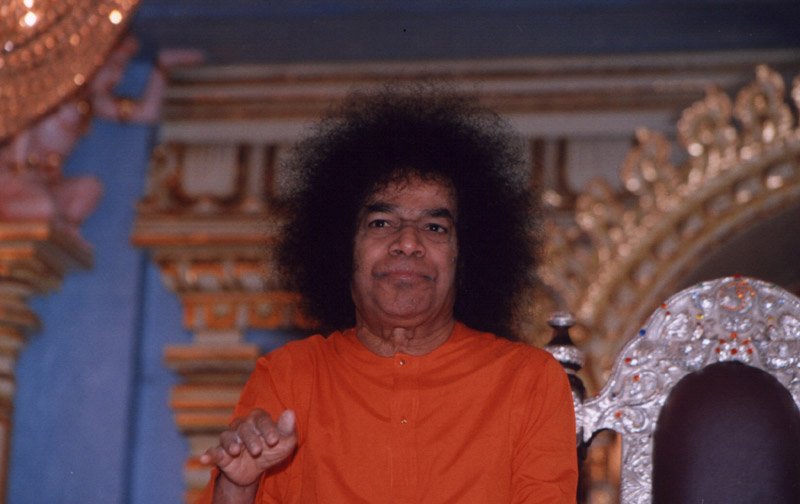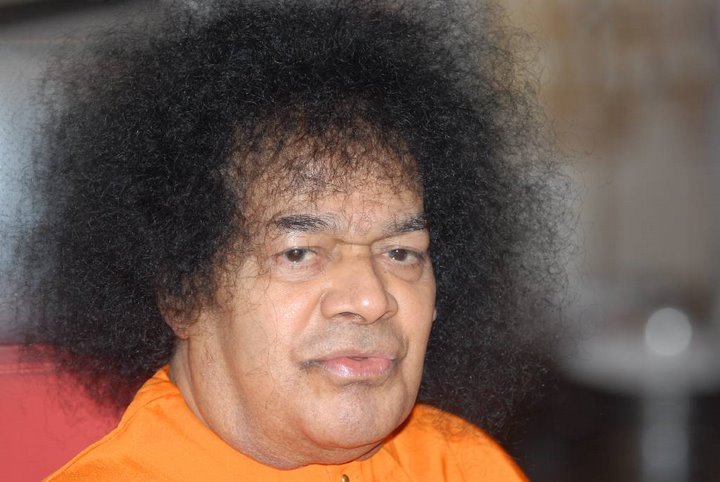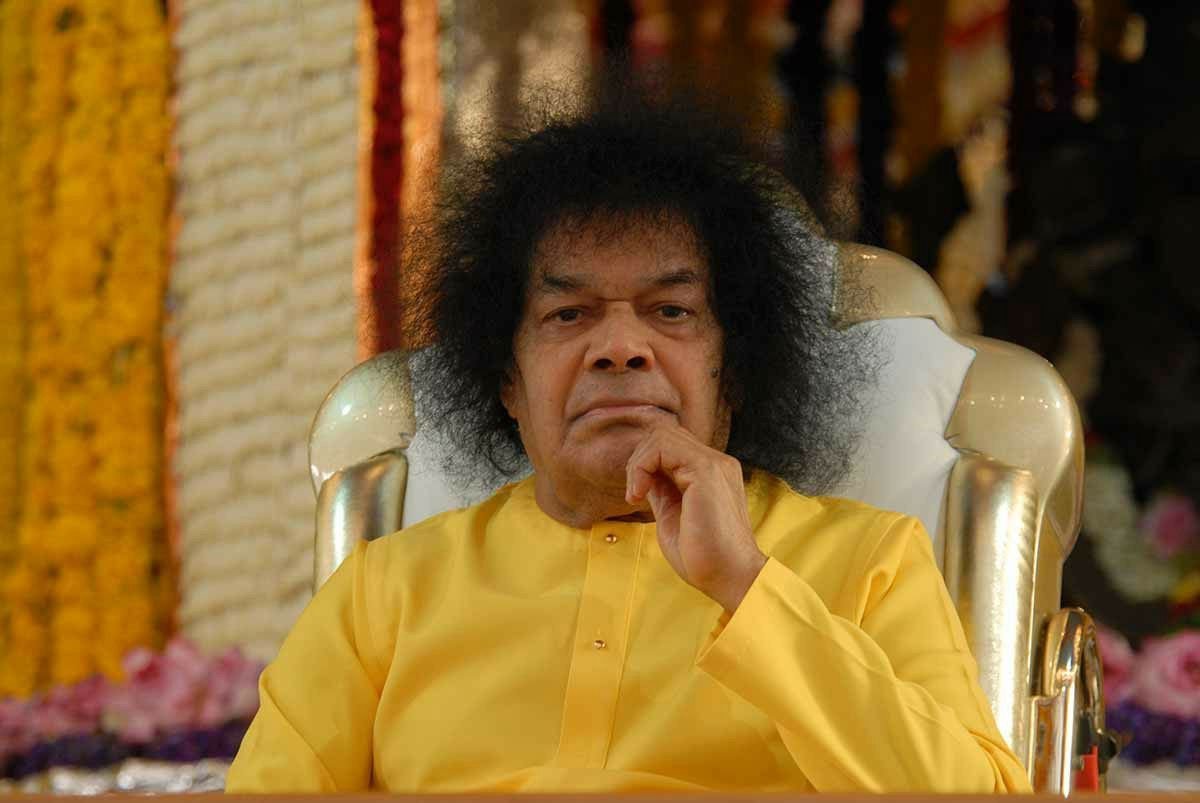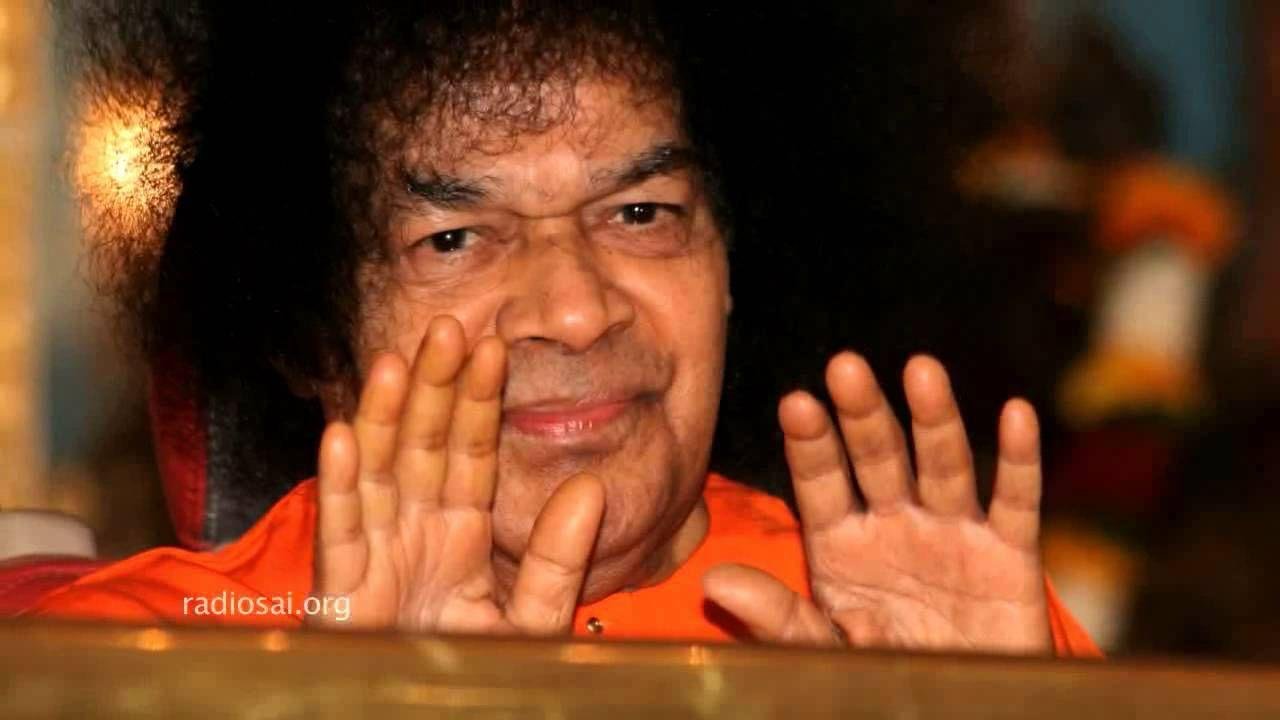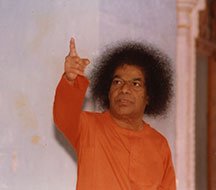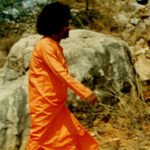Saint Namdev

Namdev of Maharashtra was a saint of mediaeval India.
He was not a servant of Lord Krishna, but His companion. Namdev was an Amsa (part) of Lord Krishna. Namdev was a contemporary of Jnanadev, the famous saint of Maharashtra, being his senior in age by about five years. He was born in 1269 A.D. He came of a family of tailors who were sincere devotees of Vittala of Pandharpur. The family members were observing the Wari of Pandharpur, i.e., going on pilgrimage twice a year on the first eleventh day of the Ashadh (June-July) and Kartik (October-November) months. The family originated from a village called Narsibamani on the bank of the river Krishna, near Karad, in district Satara. Being a great devotee of Vittala and wishing to improve his material prospects, Dama Setti, the father of Namdev, had moved to Pandharpur a year or two before his sonŌĆÖs birth.
Namdev, from his very childhood; was like Prahlad.
At the age of two, when he began to talk, the first correct word he uttered was ŌĆśVittalaŌĆÖ, and since then, he continued with the repetition of that sacred name incessantly, without any help or instruction from others. He found great pleasure when every day his mother Guna Bai took him to the temple of Vithoba for offering worship to the Deity.
His next step was, when at the age of about seven, he prepared a pair of cymbals and spent his time in dancing and singing, doing Bhajan, to the neglect of everythingŌĆōfood, studies in school, rest, sleep, etc. His devotion to Vithoba was so innocent and sincere that he used to treat Him sometimes as his dearest brother or as his playmate. One day, as NamdevŌĆÖs mother was busy, she asked Namdev to take the plate of offerings to Vithoba. Namdev went to the temple, placed the plate of eatables before Vithoba and asked Him to accept the offering. However, when Namdev did not find any evidence of acceptance by Vithoba, he cried so bitterly that Vithoba actually assumed a human form and accepted the offerings gratefully. NamdevŌĆÖs mother was surprised when her son came back in great joy with an empty plate and explained to her that Vithoba had accepted the offerings by actually consuming the eatables presented in the plate.

So, the next day, she herself accompanied Namdev (but without his knowledge) to see and verify for herself the correctness of NamdevŌĆÖs explanation. The same performance was repeated and the mother had the satisfaction of seeing the Lord actually accepting their offerings. Her joy and pride in Namdev was unbounded. She felt grateful to the Lord that she was the mother of such a great devotee.
Lord VithobaŌĆōhis only interest

In other respects, however, Namdev was the despair of his parents,
and later, of his wife and other relatives. From the beginning he had no interest in worldly affairs; he neglected studies in school; he would not take interest in his fatherŌĆÖs profession as a tailor, or in any other trade. His sole interest was to spend day and night in devotion to Vithoba. His parents were getting old; the family prosperity was waning. Therefore, their dearest wish was that Namdev, while devoting a reasonable spare time to his devotions, should help in maintaining the family in comfort. So, Namdev was sent to the bazaar one day to sell a few pieces of clothes. But Namdev was innocent of the tricks of the trade.
To him, such things as prices, and money and its value, were unknown subjects. He went to the bazaar with the clothes, because his father forced him. He sat there on a stone doing Bhajan, entirely forgetting that he had gone there to sell the clothes. After a few hours the sun set and it was time for him to go to the temple for the evening devotional performance.
Then only he remembered that he had not sold the clothes and that he would get a thrashing from his father. He was impatient to go to the temple. He therefore sold all the clothes to the very stone on which he was seated, i.e., he kept the clothes on the stone, appointed another stone as a guarantee that the first one would pay the money the next day, and went to the temple.
NamdevŌĆÖs father was furious on hearing his sonŌĆÖs adventures and asked him to bring forth Dhondya (which means a stone and which is also used as a proper name among certain classes of people of Maharashtra) who had guaranteed the money. The next day Namdev went back to the bazaar, found that the clothes had vanished during the night and took the second stone (Dhondya) home, as it refused to pay the money, and locked it in a room.
He then went to the temple and narrated all the events to Vithoba and explained his difficulties also. When NamdevŌĆÖs father asked him to show him Dhondya who had guaranteed the money, Namdev replied that Dhondya had been kept in a closed room in the house and ran to the temple. When the father opened the room to demand the money, he found, to his surprise, a lump of gold. Great was the fatherŌĆÖs joy; but Namdev was quite indifferent to it. He only praised God for saving him from a thrashing. Thus it went on.
In the meantime, Namdev married Radha Bai. Radha Bai was a worldly-minded woman. In response to NamdevŌĆÖs invitation, Vittal attended the naming ceremony of NamdevŌĆÖs child in the guise of a human being, named the child ŌĆśNarayanaŌĆÖ and gave good gifts on the occasion.
There was extreme poverty in the house of Namdev. Namdev neglected his worldly duties. NamdevŌĆÖs mother and wife abused Lord Krishna. Under the guise of Dharma Setti of Vaikunthapuram and the pretence of past friendship with Namdev, the Lord visited NamdevŌĆÖs house, gave magnificent gifts to Radha Bai and disappeared.

A Bhakta, named Parisha Bhagavat, propitiated Rukmini and got the philosopherŌĆÖs stone which could convert iron into gold. ParishaŌĆÖs wife gave the stone to her friend Radha Bai one day. Radha Bai showed the stone to her husband and said that his Bhakti was of no use and was inferior to the Bhakti of Parisha Bhagavat. Namdev threw the stone into the river. Next day Parisha came to know of everything and took Namdev to task. Namdev showed Parisha the place where he had dropped the stone. Parisha searched for the stone and found, not a single stone, but a whole lot. Parisha was struck with wonder. He admired the spirit of renunciation and the spiritual powers of Namdev.
Sur also composed the Sur Saravali and Sahitya Lahari. In contempary writings, it is said to contain one lakh verses, out of which many were lost due to obscurity and uncertainty of the times. It is analogical to the festival of Holi, where the Lord is the Great Player, who, in his playful mood, creates the universe and the Primerial man out of himself, who is blessed with the three gunas, namely Sattva, Rajas and Tamas. He describes 24 incarnations of the Lord interspersed with the legends of Dhruva and Prahlada. He then narrates the story of the incarnation of Krishna. This is followed by a description of the Vasant (Spring) and Holi festivals. Sahitya Lahari consists of 118 verses and emphasises on Bhakti (devotion).
Namdev felt it increasingly difficult to take interest in household affairs and in his parents, wife and children; and no amount of persuasion from all those people or his friends was successful in bringing him back to the worldly life. To him there was only one interest and that was Lord Vithoba. He used to spend hour after hour sitting before Vithoba, talking to Him, discussing spiritual matters with Him and doing Bhajan. To Namdev, Vithoba was the beginning and the end of everything.

A few days after Namdev had adopted Visoba as his Guru, he was sitting at a place doing his Bhajan. In the meantime, a dog came to the spot and ran away with the bread he had prepared for his midday meal. Namdev ran after the dog-not with a stick in his hand, but with a cup of Ghee; and he addressed the dog thus: “O Lord of the world! Why do You want to eat the dry bread? Take some Ghee along with it. It will taste much better”. Namdev’s realisation of Atma was now complete and overflowing.
After Namdev had returned with Jnanadev from the long pilgrimage, the latter expressed his desire to take Samadhi at Alandi. Namdev therefore accompanied the party to Alandi as he could not part with Jnanadev. He was with Jnanadev to the last moment. He then accompanied the party until the other brothers, Nivritti and Sopan, and their sister Muktabai, left the world. Namdev has left behind a detailed account of the ends of these four saints in beautiful poems. Namdev was so shocked by these events which occurred within a short space of one year that he himself was left with no desire to live in this world. He took his Samadhi at Pandharpur at the age of twenty-six in 1295 A.D.┬Ā
Namdev was not an author of any big treatise; but he left behind him a large number of Abhangas or short poems, full with the nectar of Bhakti and love towards God. These are exceedingly sweet. Most of these are lost, but there are extant about four thousand Abhangas, which to this day are a great source of inspiration to all who would read them. Some of the Abhangas are found in the Sikh Adi Granth.
The essence of Namdev’s message is: “Always recite the Name of the Lord. Constantly remember Him. Hear His glory. Meditate on the Lord in your heart. Serve the Lord with your hands. Place your head at His lotus feet. Do Kirtan. You will forget your hunger and thirst. The Lord will be near you. You will attain immortality and eternal bliss”


